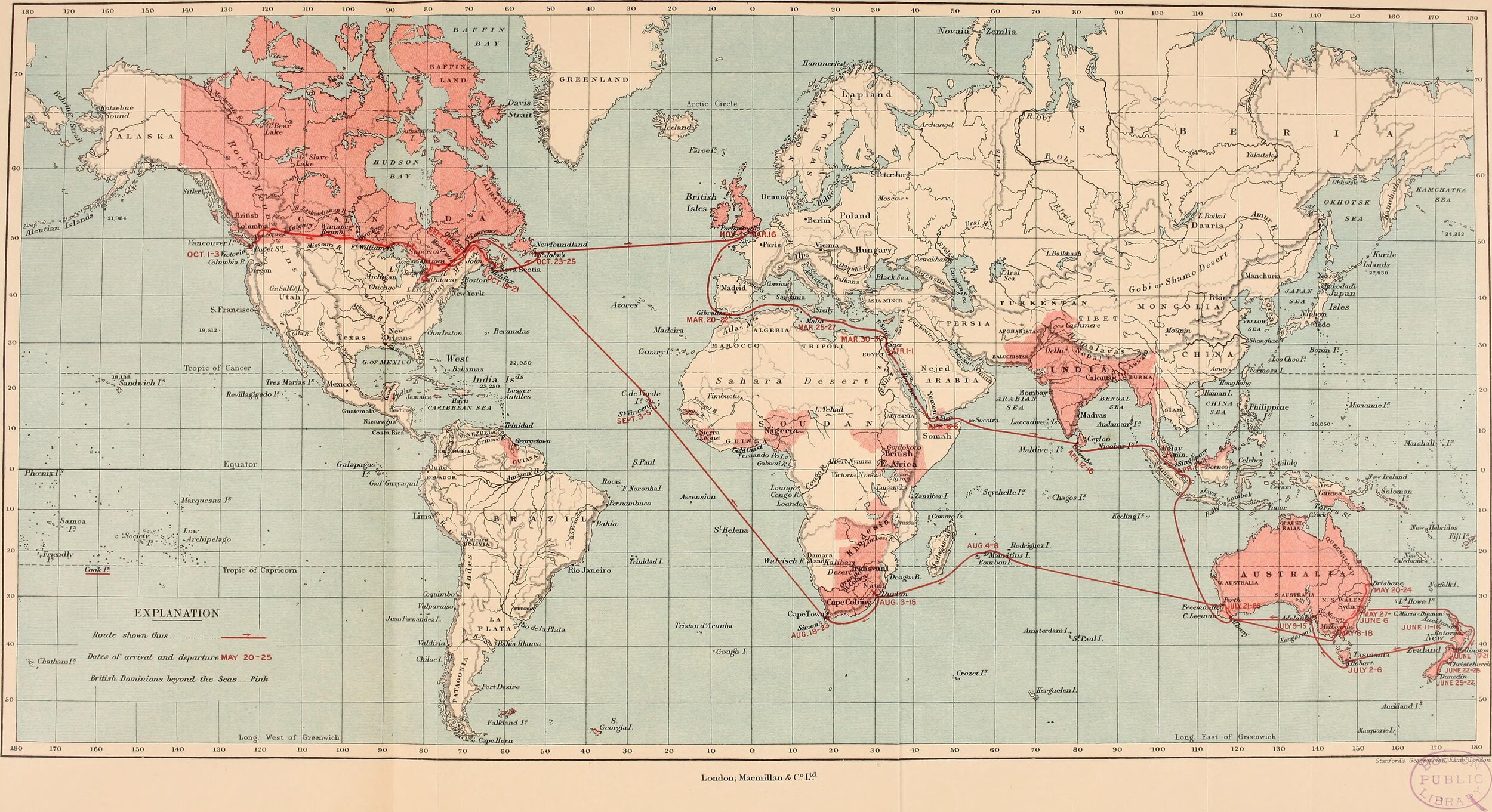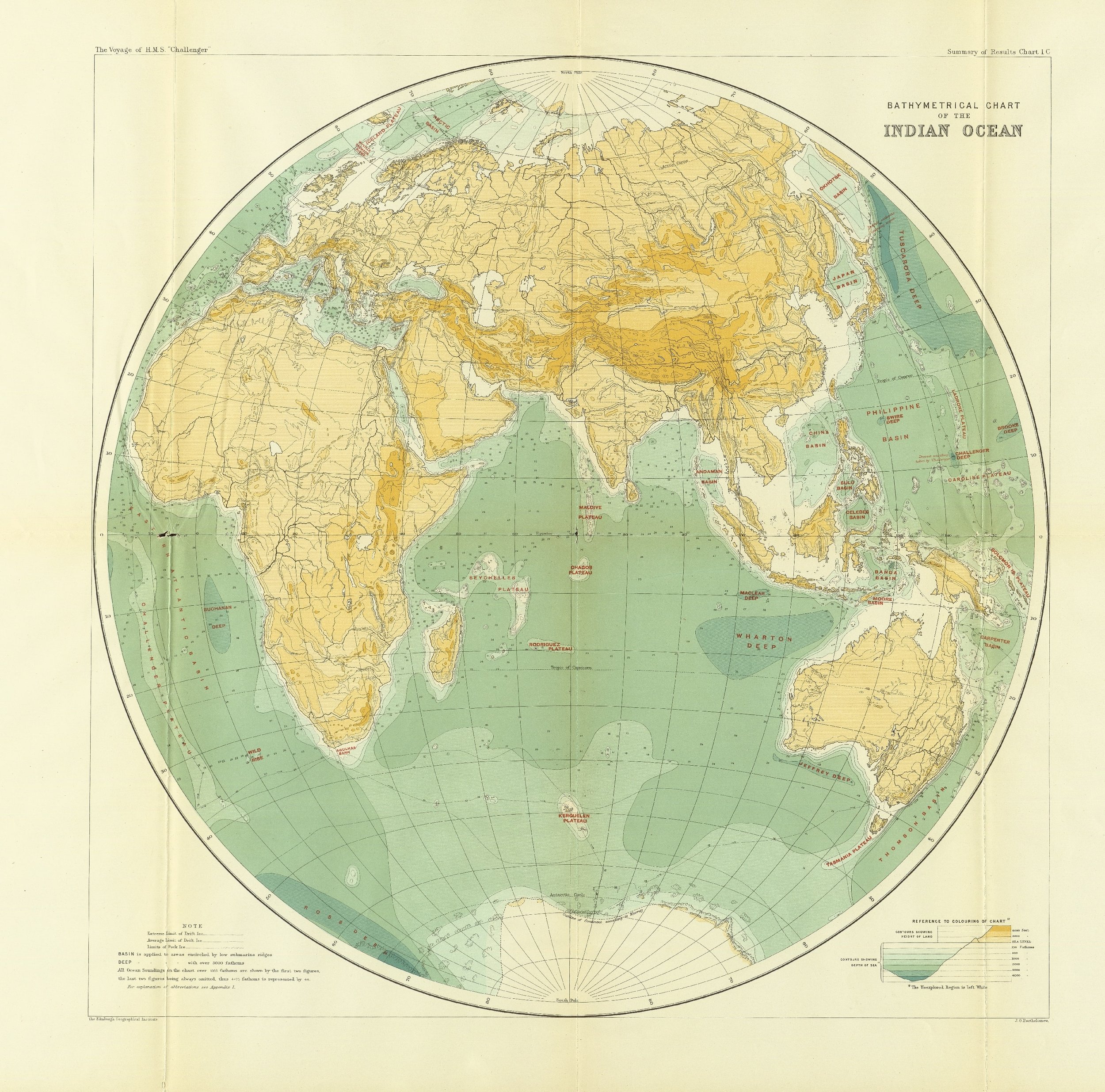
Part 5:
1945 to 2020: The Big Picture
#94 America, China, and the Struggle for Global Hegemony: Can the World Survive?
The peoples of Western Europe had risen from one world of relative poverty and had learnt how to take the wealth from the Americas and transfer it to their own countries. This was slavery and latterly until 1920, indentureship. A whole set up of banks, shipping companies, and insurance companies had arisen to make these transfers possible. From the 1750s the European invaders turned their attention to Asia and systematically began the colonisation process anew. At the same time, as they attempted to colonise and extract the wealth of Asia, the colonising countries began the process we now recognise as industrialisation alongside the rapid growth of cities. The surplus resources extracted through colonisation were used to finance the growth of new industries.
#92 Nigeria and the Democratic Republic of Congo
In this blog, I have chosen to explore the examples of Nigeria and the Democratic Republic of Congo to show why countries rich in mineral resources still maintain high levels of people in deep poverty. Nigeria is important as an example as she has been pumping oil for decades. Out of the payments received by the Nigerian State, a new ruling class has arisen that are hugely wealthy. While the Democratic Republic of Congo is the example of my argument. The Democratic Republic of Congo is a huge territory in terms of size. She is blessed with every imaginable commodity. Yet, the Democratic Republic of Congo is one of the poorest countries on our planet.
#91 The Old Colonies: Development and Underdevelopment in the 21st Century
The USA’s relations with the southern countries in Asia, Africa, the Middle East, and Latin America have been to treat them, in principle, in a similar manner in which the Soviet Union was treated after 1991. That is, like those under the old colonial regimes.
By the end of the second decade of the 21st century, many countries of the South remained mired in deep poverty, despite 60 or 70 years of independence from colonial rule. People worldwide wanted the wealth they could see on their screens in the West.
#85 China and the rest of the World
Chinese foreign policy in the period from 1949 to 2000 was largely defensive and determined to maintain the revolution. Only after the Chinese treasury was replete with US dollars, and after they began to accommodate American and other western global companies, could they begin to develop a global policy. This was part of the story; the other vital aspect was the lesson they learned from the Soviet collapse in 1991.
#62 Independence, Democracy Freedom from Colonial Rule
All the old colonialist powers in Europe lost global power. After 1945, the USA consciously decided that it had a ‘competitive advantage’ over all other states. She was sufficiently strong economically that she did not need colonies to take a globally dominant position. During her discussions with Britain in 1943, she laid down that one of her prime conditions for the peace was that all colonised countries were to be open to USA trade. By 1945, the USA was sufficiently powerful to enforce this decision against the wishes of the older colonising powers in Europe and Japan.
#60 World Power: the Birds-eye View of Major Change
Perhaps the most important historical global change after the defeat of Germany and Japan in 1945 was the USA taking over world power.





